LTER Grad Students: Apply Now for Science Writing Opportunity

Applications for the 2022 cohort of LTER Graduate Student Science Writers are now open! Apply to write about current LTER science.

Applications for the 2022 cohort of LTER Graduate Student Science Writers are now open! Apply to write about current LTER science.
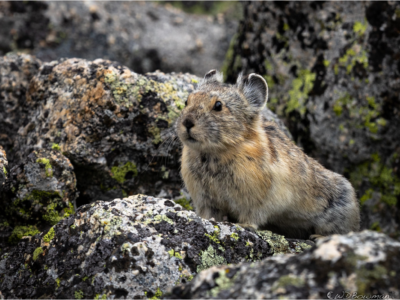
At the Niwot Ridge LTER, community scientists expand the reach of pika research initiatives to understand how pikas might respond to climate change.
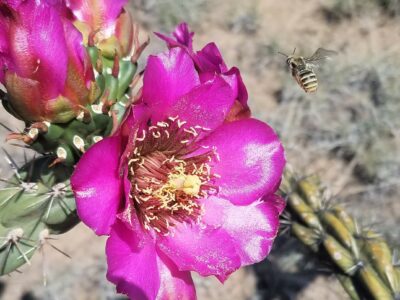
Life in the Chihuahuan Desert endures amid extremes, so the desert’s inhabitants make the most of brief moments to sustain biodiversity.
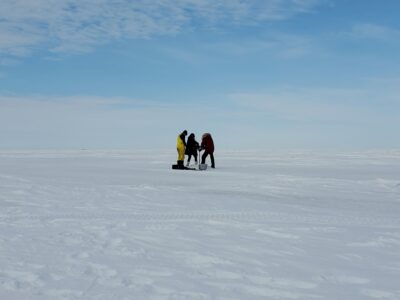
In Arctic lagoons, life persists through cold and dark winters, but few people are able to study and understand the bizarre life under sea ice. With chemical biomarkers and insight from local communities, food web ecologists are beginning to uncover how these organisms thrive in the harsh winter, and how they will continue to survive in the ever changing Arctic climate.
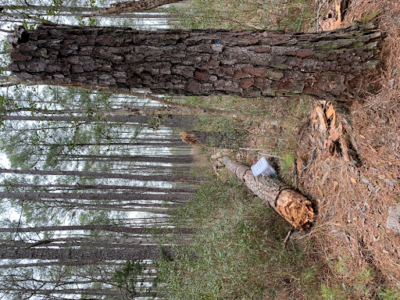
Spend a day in the field with Virginia Coast Reserve researchers as they investigate ghost forests formed by sea level rise.
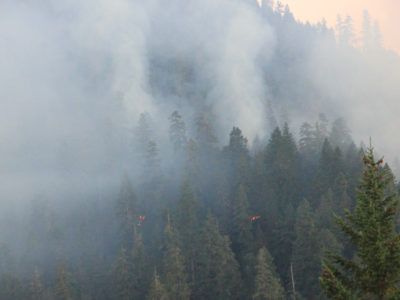
By Natasha Griffin, PhD candidate at Oregon State University The staff of the H.J. Andrews Experimental Forest LTER site had almost no time to prepare when a massive wildfire swept through the region in early September. Stoked by dry late-summer conditions and extreme high winds, Oregon’s Holiday Farm fire began spreading rapidly as soon as… Read more »
Apply to join a virtual cohort of LTER graduate students for an opportunity to develop and hone your science writing skills!
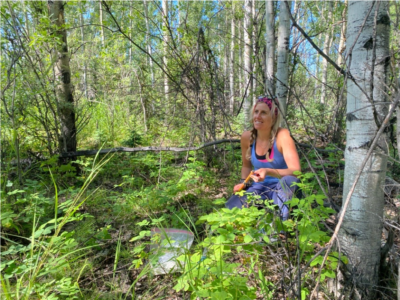
By Haley Dunleavy, PhD Candidate at Northern Arizona University Leaving my house, I feel like a runaway. I am packed inside an economy-sized rental car with my field clothes, camping gear, and of course, face masks, heading 300 miles north to meet my advisor Michelle Mack and fellow lab members for a couple days of… Read more »
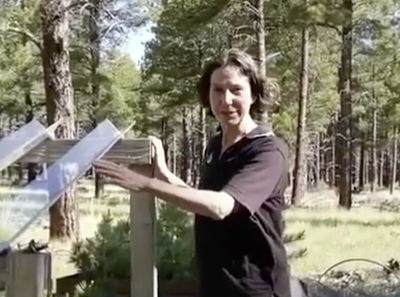
The Organization of Biological Field Stations (OBFS) is creating a series of virtual field experiences, including “Live from the Field” events, which combine three 8-minute prerecorded videos from researchers at three research sites.
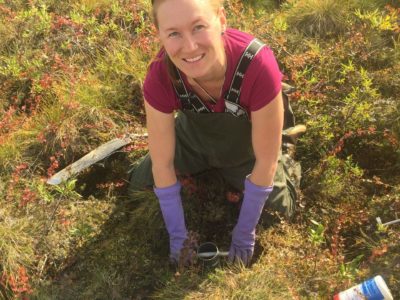
By Haley Dunleavy It’s a beautiful August day in the Arctic. The sun, now finally rising and setting after months of circling the sky, warms my face; neon yellows, pinks, reds, and greens of fall foliage speckle across the tundra, and most importantly, the previously incessant mosquitos have died off. I’m standing on a single-planked… Read more »